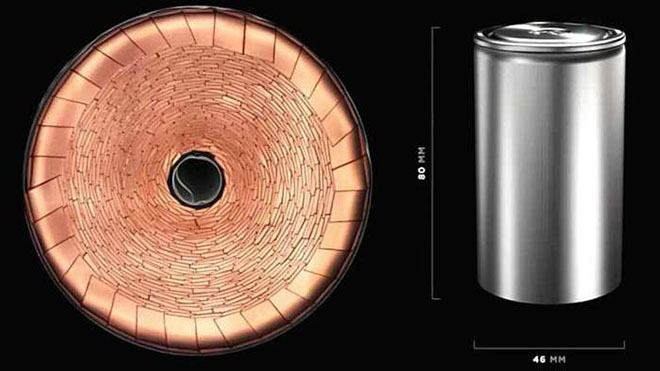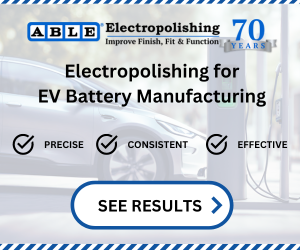Battery recycling will be a critical part of the future e-mobility ecosystem, as Tesla has understood from the beginning. The California carmaker has been working with various firms to recycle its end-of-life battery packs for several years. One of these is Tesla co-founder JB Straubel’s company, Redwood Materials, which is recycling scrap from Panasonic’s battery cell production at Gigafactory Nevada.
In typical Tesla fashion, the company has also been working on its own in-house battery recycling system. Tesla’s recently-released 2020 Impact Report includes some new details about the company’s battery recycling efforts.
Tesla claims that it can recover about 92% of battery cell materials with its recycling process, and is becoming a producer of nickel, cobalt, and other battery components, reducing the need to extract raw materials by mining. The company says that some 1,300 tons of nickel, 400 tons of copper and 80 tons of cobalt were recycled in 2020.
“In the fourth quarter of 2020, Tesla successfully installed the first phase of our cell recycling facility at Gigafactory Nevada for in-house processing of both battery manufacturing scrap and end-of-life batteries,” says Tesla in its 2020 Impact Report. “While Tesla has worked for years with third-party battery recyclers to ensure our batteries do not end up in a landfill, we understand the importance of also building recycling capacity in-house to supplement these relationships. Onsite recycling brings us one step closer to closing the loop on materials generation, allowing for raw material transfer straight to our nickel and cobalt suppliers.”
In-house recycling will make even more sense as Tesla begins manufacturing its own battery cells at scale.
“As the manufacturer of our in-house cell program, we are best positioned to recycle our products efficiently to maximize key battery material recovery. With the implementation of in-house cell manufacturing at Gigafactory Berlin-Brandenburg and Gigafactory Texas, we expect substantial increases in manufacturing scrap globally. We intend to tailor recycling solutions to each location and thereby re-introduce valuable materials back into our manufacturing process. Our goal is to develop a safe recycling process with high recovery rates, low costs and low environmental impact. From an economic perspective, we expect to recognize significant savings over the long term as the costs associated with large-scale battery material recovery and recycling will be far lower than purchasing additional raw materials for cell manufacturing.”
It’s not just batteries that Tesla is recycling—the company claims that “any materials that are possible to recycle, we recycle,” and that, at Gigafactory Shanghai, just 4% of the total waste generated is not recyclable. “We continue to push for innovative approaches to reducing waste, which includes reduction of non-recyclable materials in the first place, learning from local factories and deploying improvements globally or working with our logistics team to minimize shipments and packaging per vehicle.”



















































